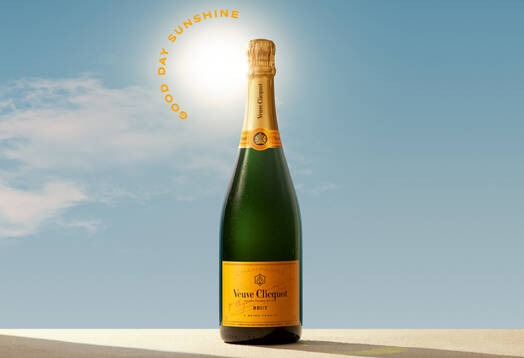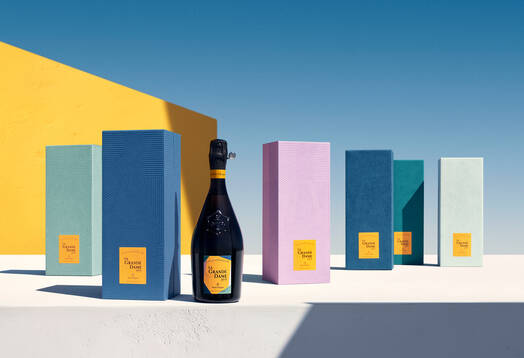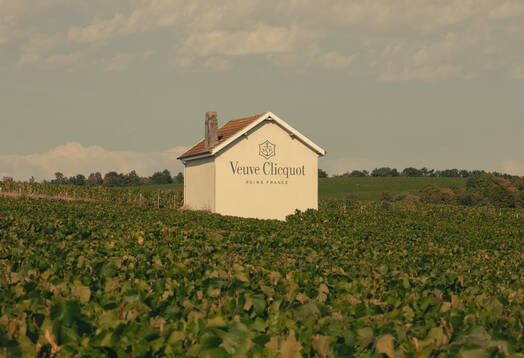GUIDELINES FOR STORING CHAMPAGNE
31 March 2020
STORING CHAMPAGNE - COOL AND CONSTANT TEMPERATURE
50 TO 59°F 10 TO 15°C
AVOID RAPID CHANGES IN TEMPERATURE
High temperatures speed up the ageing process and damage the quality of the wine. Cold temperatures slow down the development of the wine and prevent it from taking on more complexity.
STORING CHAMPAGNE – DARKNESS
DO NOT EXPOSE CHAMPAGNE BOTTLES TO LIGHT
Light can damage the wine Champagne is a wine, which is particularly sensitive to strong light. It can be old and stale before time or unpleasant flavours can develop if kept for quite a period under natural sunshine or artificial light. Transparent glass bottles must be especially well protected
STORING CHAMPAGNE – HUMIDITY
ABOVE 70%
Preserves the qualities of the cork (flexibility, density) Very low humidity and high temperatures can dry out the cork and cause rapid transformation in the wine.
STORING CHAMPAGNE – PRESSURISED BOTTLE
AVOID SHOCKS
Handle with care There are 6 bars of pressure inside the bottle, i.e. three times the pressure in a car tyre.

STORING CHAMPAGNE – DURATION
CHAMPAGNE DEVELOPS IN ITS BOTTLE
Champagne evolves over time. In addition to storage conditions, which have a direct impact on the quality of the wine and how it develops, the blends (vintage) it contains, as well as the size of the bottle also determine how the champagne develops as time goes by. The cellaring time for vintage champagnes is longer. They may be opened between 7 and 10 years after purchase, or even later than that. All the bottles of champagne that we sell have been aged in our cellars and they can be opened as soon as they are purchased. Keeping bottles longer may bring about changes in taste (more pronounced), colour (darker) and effervescence (less).
SERVICE - OPENING THE BOTTLE
Do not saber the bottle.
The recommended steps are as follows:
Step 1: Make sure that the bottle is at the ideal temperature.
Step 2: If the bottle is humid, wipe it dry with a cloth
Step 3: Remove the part of the foil which covers the wire cage and the cork.
Step 4: Tilt the bottle to a 45-degree angle +and avoid pointing it towards you or a guest.
Step 5: Loosen the wire cage while placing your thumb on the cap.
Step 6: While holding the cork firmly in one hand with your thumb on the cap, gently twist the base of the bottle to release the cork without letting it escape.
TYPE OF GLASS
Medium-sized / Round shape & narrow at the top / Air can come in contact to Champagne and gather the flavours to the top of the glass (like white wines glasses).
TEMPERATURE SERVICE
Non-Vintage: 8 to 10°C Vintage: 10 to 12°C Do not place your bottle in the freezer to chill it down. Rather use a bucket with ice and water, plunge your bottle and wait for about 30 minutes.




